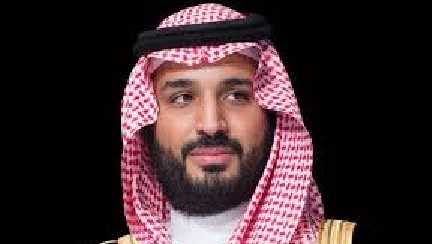
WASHINGTON, Oct 16 (Reuters) - U.S. President Joe Biden will act "methodically" in deciding how to respond to Saudi Arabia over oil output cuts, but options include changes to U.S. security assistance, White House national security adviser Jake Sullivan said on Sunday.
Sullivan, speaking on CNN, said no changes to the U.S.-Saudi relationship were imminent as Biden re-evaluates it.
"And so the president isn't going act precipitously. He is going to act methodically, strategically and he's going to take his time to consult with members of both parties, and also to have an opportunity for Congress to return so that he can sit with them in person and work through the options," Sullivan said.
A day after OPEC+ oil producers last week announced output cuts over U.S. objections, Biden vowed to impose "consequences" on Saudi Arabia for siding with Russia in supporting the cuts. The OPEC+ move undermines Western countries' plans to impose a cap on the price of Russian oil exports in response to Moscow's war in Ukraine.
U.S. Senator Bob Menendez, a Democrat who chairs the Senate Foreign Relations Committee, called for a halt to most U.S. arms sales to Saudi Arabia after the OPEC+ move.
Biden's options "include changes to our approach to security assistance to Saudi Arabia, but I'm not going to get ahead of the president. What I will say is there's nothing imminent," Sullivan said, adding that there was time for Biden to consult with Congress.
Sullivan said Biden has no plans to meet with Saudi Arabia's de-facto leader, Crown Prince Mohammed bin Salman, at a G20 leaders summit in November in Indonesia.
Asked whether Biden would view Russia's use of a small tactical nuclear weapon or detonating one in the Black Sea as less serious than a larger bomb, Sullivan said it was "dangerous" to draw such distinctions, and the president would not do so.
"The use of a nuclear weapon on the battlefield in Ukraine is the use of a nuclear weapon on the battlefield in Ukraine. We're not going to slice the salami," Sullivan added.
He said it was incumbent upon NATO allies and other responsible countries, including China and India, to "send a very clear and decisive message to Russia that they should not contemplate the use of nuclear weapons in this conflict."




